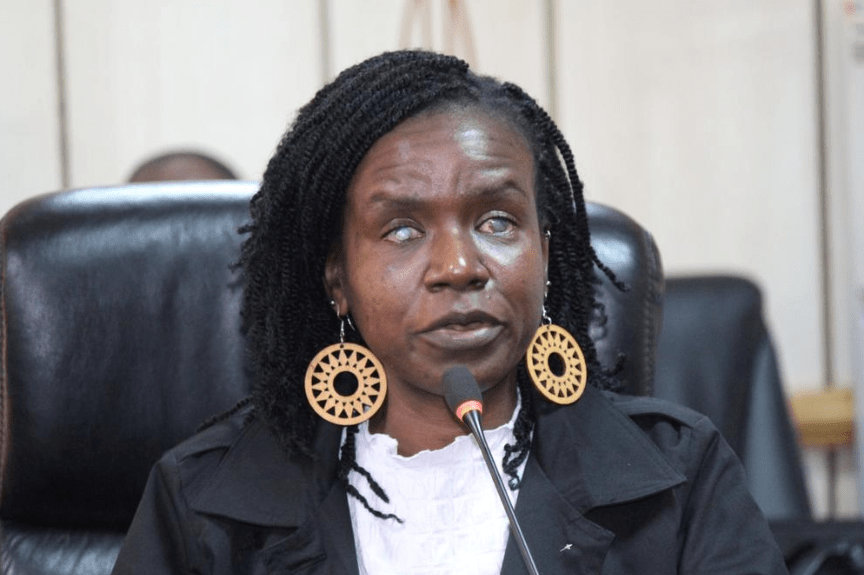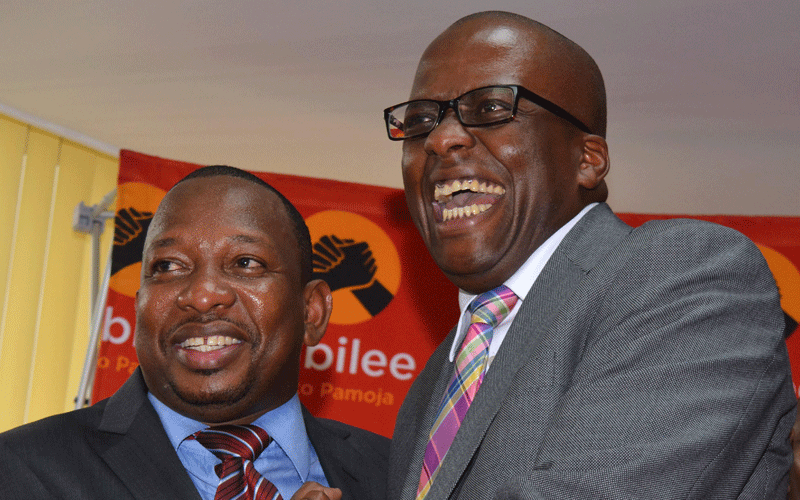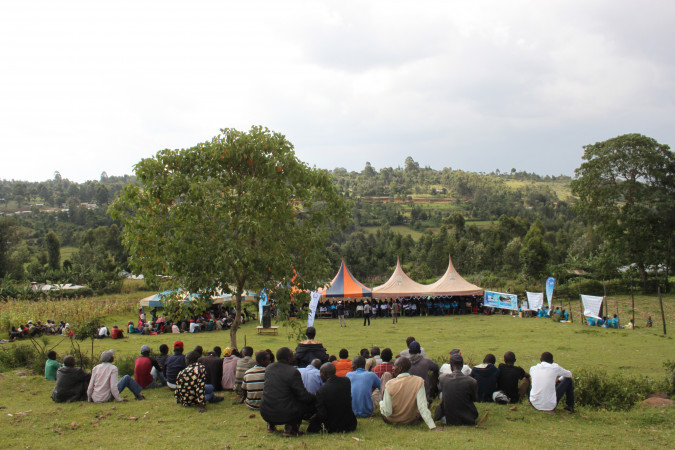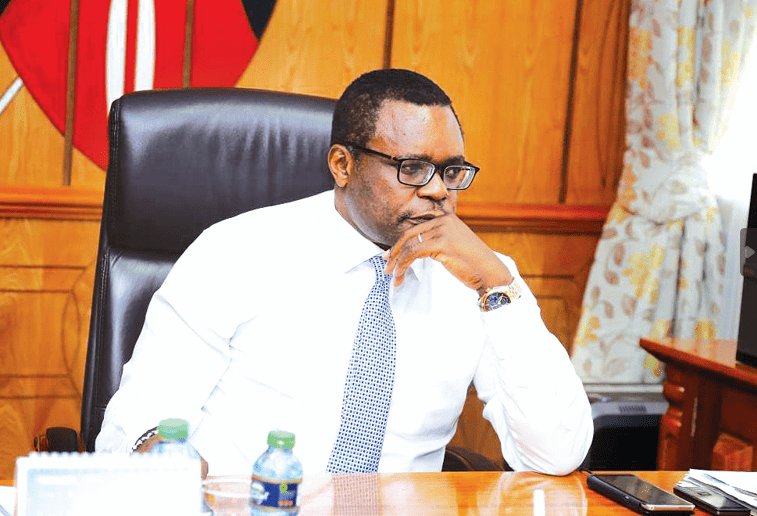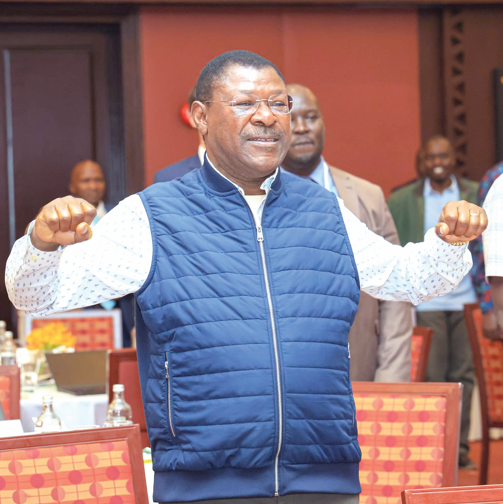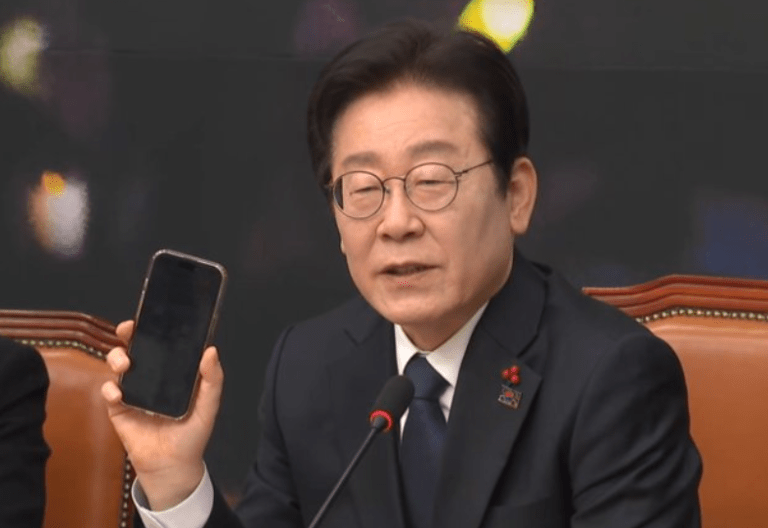Lawyers say House role in process is ceremonial

Legal experts are divided on whether Parliament can effect changes to the Constitution of Kenya (Amendment) Bill 2020 that captures proposals of the Building Bridges Initiative (BBI).
Some members of the Senate Committee on Justice, Legal Affairs and Human Rights and the National Assembly Justice and the Legal Affairs Committee have been pushing for amendments to the document especially on the proposed 70 new constituencies and the Office of the Judiciary Ombudsman.
The Bill has been ratified by 43 county assemblies and the two teams have been asked to deliver a report on it to the National Assembly after public participation.
A section of lawyers argue that any changes will be challenged in court as they will be altering the Bill that was passed by county assemblies.
Atsango Chesoni, the vice chair of the Committee of Experts that came up with the 2010 Constitution, said MPs cannot amend a bill processed through popular initiative.
“Parliament can only vote to reject the bill or adopt the bill,” said Chesoni.
Ceremonial role
She explained that whether Parliament endorses or rejects the bill, it will still go to referendum for the people to make the final determination.
“Parliament has no choice in as far as popular initiative bills are concerned. Whether they vote for it or not, the bill will still be subjected to a referendum,” she said.
Constitutional lawyer Kamotho Waiganjo agreed with Chesoni that the Bill passed by the county assemblies is not subject to alteration.
“You can’t amend a Constitutional Amendment Bill by popular initiative. It would then not be the Bill that was approved by the Members of the County Assemblies (MCAs),” said Waiganjo, adding that the role of MPs was ceremonial.
But Steve Ogolla argued that Parliament can only consider the Bill as submitted and vote to approve or reject it.
“The Bill may not be amended. Either way, Parliament’s input is inconsequential because by law, the Bill will still end up in a referendum regardless of the outcome in Parliament,” said Ogolla.
The legislators are pushing to have a latitude to make changes to the BBI Bill, especially on the distribution of the 70 new constituencies and creation of the office of the Ombudsman.
The Judicial Service Commission protested the proposal to have the Judiciary Ombudsman appointed the Executive.
The Independent and Electoral and Boundaries Commission has also faulted the proposed additional constituencies, saying delimitation boundaries was their exclusive mandate.
